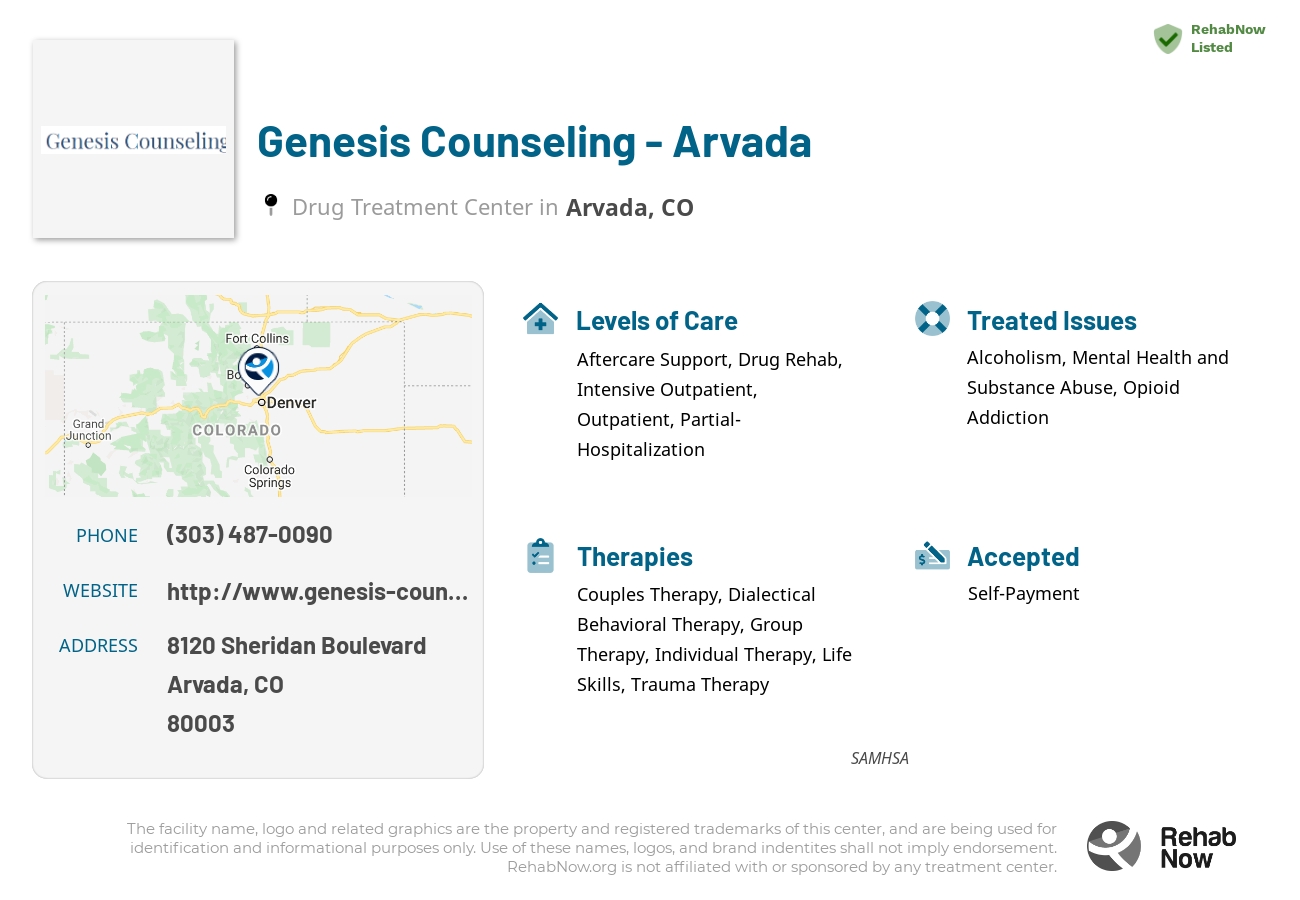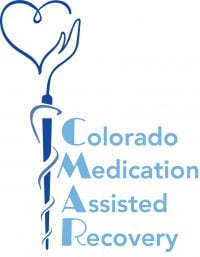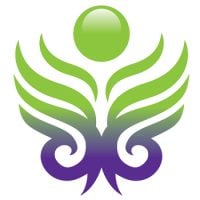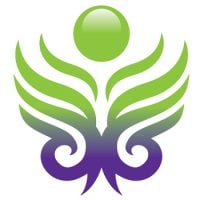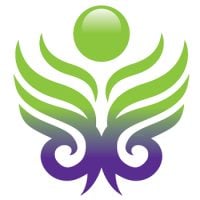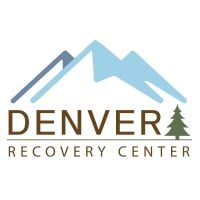Genesis Counseling - Arvada
Drug Rehab Center in Arvada, Colorado
Genesis Counseling - Arvada is an accredited Addiction Treatment Facility in Arvada, Colorado providing Drug Rehab Programs, Aftercare Support, Intensive Outpatient, Outpatient, and Partial-Hospitalization services tailored to meet individuals' unique needs and enable successful and lasting recovery from Alcoholism, Dual Diagnosis, Opioid Addiction, and Drug Addiction.
About Genesis Counseling - Arvada in Colorado
Genesis Counseling - Arvada is an accredited drug treatment facility located in Arvada, Colorado. They have received certification from the Substance Abuse and Mental Health Services Administration (SAMHSA), ensuring that they meet the highest standards for providing effective addiction treatment. Genesis Counseling - Arvada specializes in treating individuals suffering from alcoholism, dual diagnosis, opioid addiction, and drug addiction. They offer a range of treatment options including aftercare support, drug rehab, intensive outpatient programs, outpatient services, and partial-hospitalization programs. With their commitment to providing comprehensive and personalized care, Genesis Counseling - Arvada aims to help individuals overcome their addiction and achieve lasting recovery.
Genesis Counseling - Arvada provides various services to address addiction and substance abuse. Their treatment programs focus on alcoholism, dual diagnosis, opioid addiction, and drug addiction. They offer aftercare support, which helps individuals transition from the intensive treatment phase to a more independent and sustainable recovery. Additionally, they provide drug rehab services for those in need of comprehensive treatment in a residential setting. For those who require a less intensive level of care, Genesis Counseling - Arvada offers outpatient services, enabling individuals to attend therapy sessions and receive support while still maintaining their daily routines. Lastly, they offer partial-hospitalization programs, providing more structured and intensive treatment options for individuals who require a higher level of care.
Genders
Ages
Modality
Additional
Accreditations
SAMHSA
Conditions and Issues Treated
Opioid addiction has become a significant health problem in the United States. When a person’s life becomes unmanageable because of an opioid addiction, treatment can help them get sober. Treatment includes medical care and counseling.
“With so many people struggling with opioid addiction, we need more care and attention for those who want to quit. Opioid addicts often take opioids when they experience a painful injury – that’s how the cycle starts! When someone begins taking their medication differently than prescribed or takes an excessive amount of drugs, it means they’re hooked on drugs and in danger of overdosing.
The most successful way to beat this is through detoxing from these types treatments at Genesis Counseling - Arvada in . Most facilities start by using medical support during the process while providing counseling services; rehabilitation comes later on after treatment has been completed successfully.
Levels of Care Offered
This center offers a variety of custom treatment tailored to individual recovery. Currently available are Aftercare Support, Drug Rehab, Intensive Outpatient, Outpatient, Partial-Hospitalization, with additional therapies available as listed below.
Outpatient addiction treatment is beneficial for people who are able to function well in their day-to-day lives. It is recommended for people who are not yet ready to end their relationships with friends or family members who might be encouraging drug and alcohol use.
Intensive outpatient treatment is beneficial for:
- People who are able to attend treatment more than 3 times per week.
- People who do not meet the criteria for inpatient treatment.
- People who are able to contribute to their own recovery outside of the treatment center.
- People who are motivated towards recovery.
- People who are able to overcome addiction on their own without the need for higher levels of care.
Outpatient programs at Genesis Counseling - Arvada, the Arvada resident can live with their family while continuing with their job or studies. Treatment includes educating the patient on drug abuse, medications, and counseling sessions at the individual or group level. Outpatient treatment plans cover diagnosis, detoxification, management, and counseling. They are a popular option for those who have graduated from inpatient facilities.
Partial Hospitalization Program is often the second level of treatment for those who have graduated from inpatient facilities. It is a good choice for someone who does not need to go through a medically supervised detox and has a supportive home environment. It requires motivation and dedication to commit to the program without constant monitoring. This can be an ideal choice for someone on a limited budget, a lower level of addiction, home and work commitments that cannot be modified, and high motivation.
Without aftercare support, addicts can easily relapse back into addiction. It is crucial to integrate the addict back into society. Aftercare support should take place after outpatient treatment has ended.
There are a few different types of aftercare support that patients can seek after completing an inpatient treatment program:
- 12 Step Self-help groups (AA, NA)
- Therapeutic communities,
- Long-term, structured sober living arrangements
- Halfway houses (residential treatment centers)
Many different support groups exist for addicts to seek help after treatment. Some are more effective than others, depending on the person’s addiction, background, and other factors.
Therapies & Programs
Individual therapy is a form of counseling where you meet with a trained professional one-on-one. Meeting with a therapist in this setting allows for a personal and trusting relationship to be built. This allows the patient to open up about sensitive or private issues they may not feel comfortable discussing in a group. Individual therapy helps identify the root causes of your addiction, which can help prevent relapse.
Couples therapy for drug addiction is a unique form of therapy that allows family members to work through the emotional issues of their loved one’s addiction together. Family members can support each other while learning how to cope with the addiction and encourage healthy changes. The two will work with a therapist to learn how the addiction affects themselves and the relationship.
Group therapy sessions are another common addiction recovery service. These group sessions typically involve six to 12 addicts who meet regularly with a trained professional for support and guidance.
During these sessions, the group shares their experiences with one another and provides feedback that can help each member avoid relapse or overcome specific obstacles they are facing in their recovery process. With this type of support and guidance, addicts can feel like they are part of a community that understands their struggles and will help them get through the hard times.
Many people struggling with drug addiction have experienced some form of trauma in their lives. It is crucial that these individuals seek out professional help; otherwise, their drug abuse and addiction will likely continue.
Therapists and counselors at drug treatment centers employ several treatment programs to help people struggling with drug addiction, including trauma therapy. Trauma therapy helps people dealing with addiction by allowing them to confront the traumas of their past and move past them.
It is important to note that trauma therapy should not be confused with PTSD (post-traumatic stress disorder). Rather, it is used to treat the effects of trauma, which are often at the root of addiction.
Dialectical Behavior Therapy was developed in the 1980s to treat chronically suicidal individuals. It is a cognitive-behavioral therapy that combines standard DBT with strategies derived from Zen Buddhism, such as mindfulness training.
DBT has been adapted for use with other types of psychiatric problems, including eating disorders, substance abuse disorders, borderline personality disorder, posttraumatic stress disorder (PTSD), and other personality disorders. Dialectical Behavior Therapy is considered a psychosocial treatment of BPD. This means that while it can be used alone or in conjunction with drug treatments, DBT does not rely on medications to treat the disorder. Instead, DBT aims to help patients change their thinking and behavior.
Cognitive Behavioral Therapy (CBT) focuses on the underlying thoughts and behaviors that caused the problem of addiction in the first place and may cause a relapse. Negative feelings are common in drug abuse disorders, but they can lead to co-occurring disorders if not recognized. CBT involves strategies that help to change the behavior pattern by restructuring negative thoughts into positive ones. It helps to remove these feelings, and it provides long-term benefits. Also, CBT promotes self-awareness and self-control. It can be administered as a monotherapy or as part of combination therapy.
CBT can improve the patient’s mood, reduce drug cravings and boost success rates on treatment plans. Regular practice can help individuals handle negative attitudes, thoughts, and feelings without turning to drugs or alcohol. The core belief of Cognitive Behavioral Therapy (CBT) is that one’s moods, behaviors, and actions are all connected. Individuals can improve their quality of life using CBT. It helps addicts understand the patterns of thought and feelings that cause them to use drugs or alcohol and develop a healthy response.
It’s not as simple as quitting drinking or using drugs and expecting the hard part to be over. Many addicts in recovery have discovered that they need to improve skills such as time management, organization, communication, socialization, and self-esteem. Learning certain life skills can help those who are struggling with addiction.
Payment Options Accepted
For specific insurance or payment methods please contact us.
Genesis Counseling Associated Centers
Discover treatment facilities under the same provider.
- Genesis Counseling - Littleton in Littleton, CO
- Genesis Counseling - Commerce City in Commerce City, CO
- Genesis Counseling - Commerce City in Commerce City, CO
- Genesis Counseling - Westminster in Westminster, CO
Learn More About Genesis Counseling Centers
Additional Details
Specifics, location, and helpful extra information.
Arvada, Colorado 80003 Phone Number(303) 487-0090 Meta DetailsUpdated November 25, 2023
Staff Verified
Genesis Counseling - Arvada Patient Reviews
There are no reviews yet. Be the first one to write one.
Arvada, Colorado Addiction Information
The Centennial State has slipped to a ranking of 12th in the country for drug abuse. Each year around 24% of the state's population uses illegal drugs while nearly 5% of its population abuses alcohol. Substance-related deaths in Colorado were responsible for 15.12% between 2008 and 2017. Fortunately, Colorado drug and alcohol addiction treatment are available to help a person overcome addiction.
1 out of 18 high school seniors abuse prescription drugs in Arvada, Colorado. Around 50% of people who died because of a drug overdose had taken painkillers like Oxycontin, Vicodin, or similar drugs. 6.8% of people aged 12 and over in Arvada use marijuana at least once and 20.4% of people use alcohol at least once a week. Treatment options in Arvada, Colorado, include inpatient and outpatient programs.
Treatment in Nearby Cities
- Cortez, CO (257.4 mi.)
- Center, CO (155.4 mi.)
- Palmer Lake, CO (50.4 mi.)
- Parker, CO (27.3 mi.)
- Lamar, CO (178.5 mi.)
Centers near Genesis Counseling - Arvada
The facility name, logo and brand are the property and registered trademarks of Genesis Counseling - Arvada, and are being used for identification and informational purposes only. Use of these names, logos and brands shall not imply endorsement. RehabNow.org is not affiliated with or sponsored by Genesis Counseling - Arvada.



